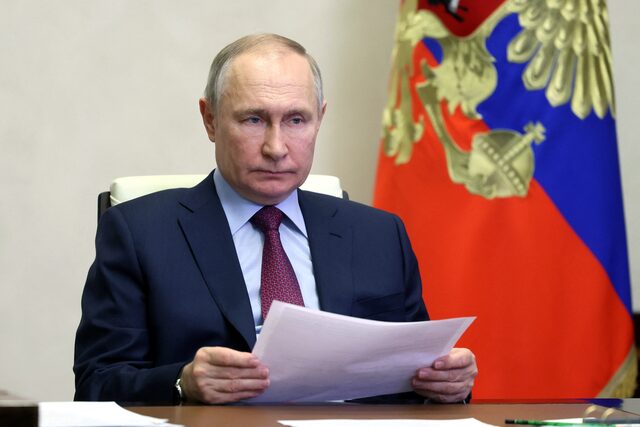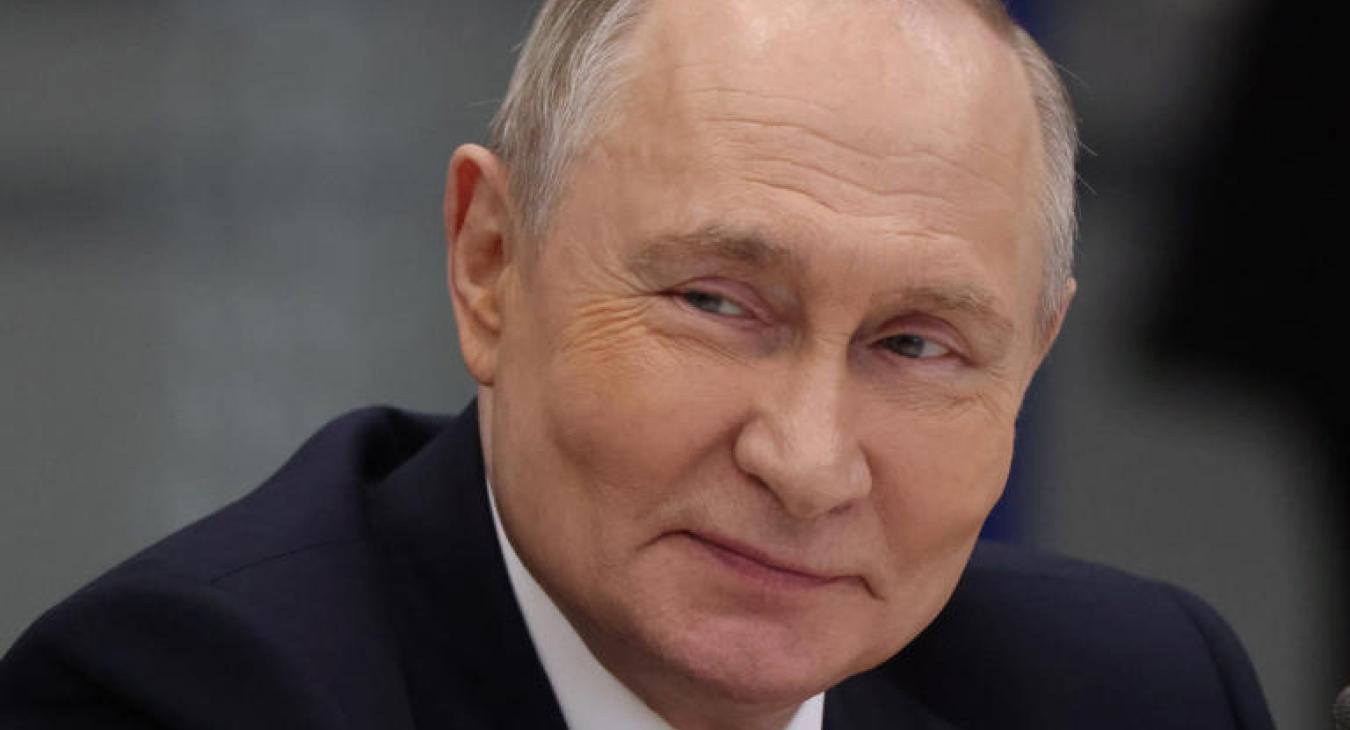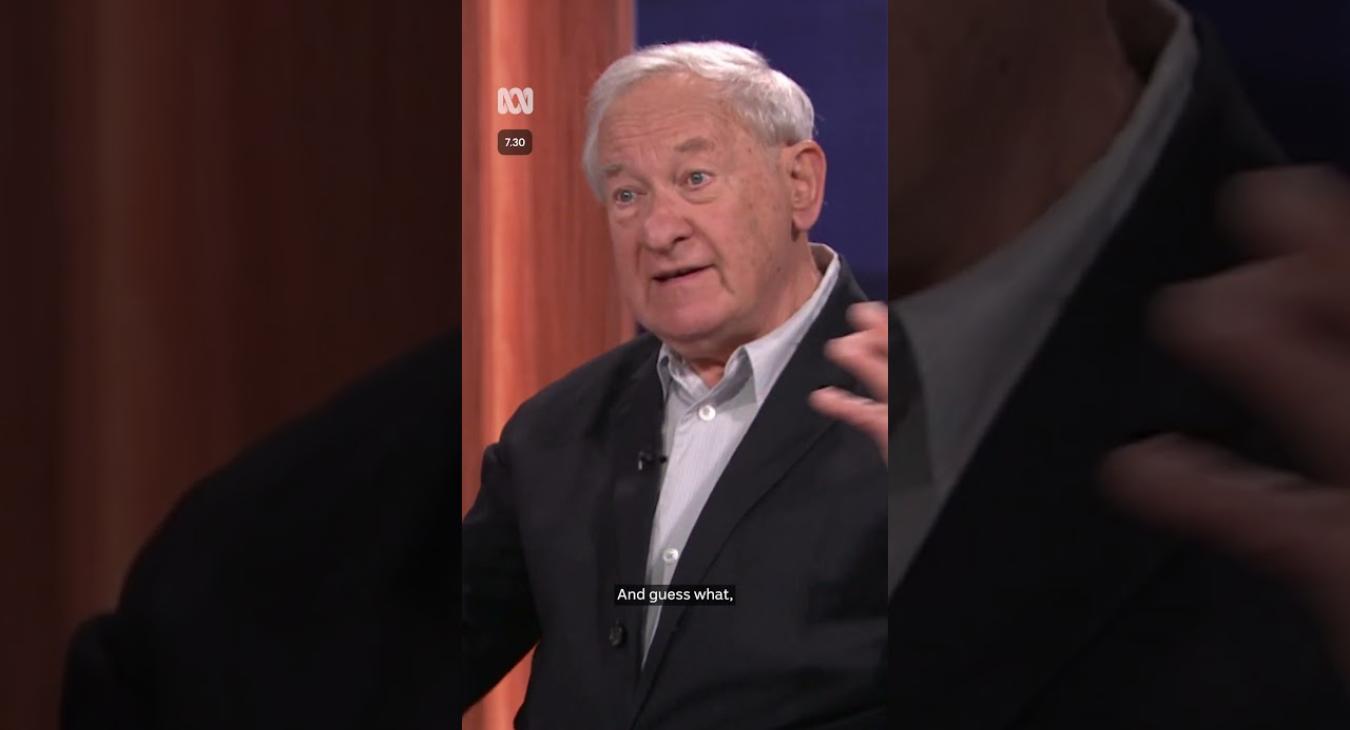Has anyone else started to think that both the United States and Europe are beginning to parody themselves? On the one hand, the United States has again embraced the “Wild West” – brash, individualistic and unapologetically pragmatic. On the other, Europe is doubling down on a technocratic, consensus-driven and regulations-obsessed approach. Things in Europe move so slowly that the rest of the world is speeding ahead and still many of the continent’s leaders don’t seem bothered.
From cowboy capitalism to climate accords, the differences can seem irreconcilable. And certainly there is currently no shortage of commentary on the supposedly permanent breach in the alliance between the United States and Europe that Donald Trump is said to be overseeing – much to Vladimir Putin’s benefit.
Yet the transatlantic rift is likely to be only temporary.
If anything, the current transatlantic tensions and forced reset may be a blessing in disguise. For decades, the US-European relationship has been trapped in an anachronistic post-World War II framework, with Europe heavily reliant on American security guarantees.
The threat supposedly posed by Russia came to undergird this relationship. The collapse of the Soviet Union exposed Russia’s status as a superpower to be largely based on bluff. Yet Europe continued to emphasise Russian strength, perhaps in part to ensure that US taxpayers continued to foot the defence bill. The US military and intelligence communities have had a similar vested interest in playing up the Russian threat. That was also unsurprising. If their role is to identify risks and threats, that is precisely what they will find.




